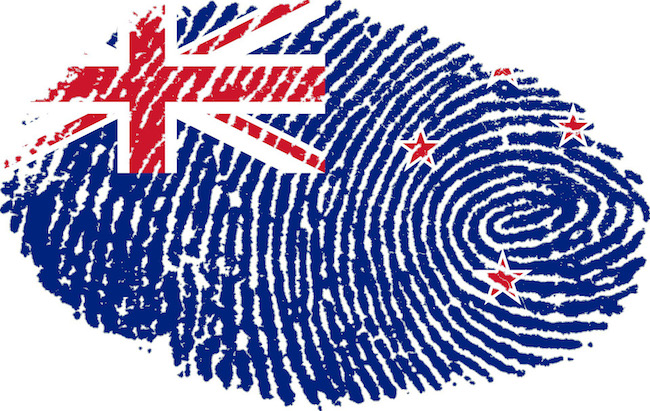Tuesday 16 July 2019 10:31am

Whether you feel a strong attachment to New Zealand’s Māori culture, majestic landscapes, or the All Blacks, an Otago study has found a sense of belonging to the country is positively related to mental health.
The authors believe the work, published in Kōtuitui: New Zealand Journal of Social Sciences Online, highlights the need to be welcoming to immigrants and accepting of people’s social, cultural and sexual differences.
Drawing on the views of more than 24,000 people who took part in the biannual New Zealand General Social Survey (NZGSS), they found a positive relationship between a sense of belonging to New Zealand and mental health, even when controlling for physical health, socioeconomic status and other demographic variables.
Co-author Associate Professor Jackie Hunter, of the Department of Psychology, says this relationship was stronger for older than younger participants, and for those who felt free to express their identity.
The stronger relationship for older participants may come down to the increasing importance of place with age, and/or the impact of growing up in New Zealand at a time when several significant nation-shaping events occurred, such as the establishment of the Waitangi Tribunal, the nuclear weapon-free zone, and the Springbok rugby tour.
Associate Professor Hunter believes the study highlights the need to ensure people who move to New Zealand from overseas develop that deep attachment to the country.
“People grow really deep connections with places, whether it be a neighbourhood, city, region, or country. Moreover, these places often become part of our identity or who we are.
“In psychology, belonging is viewed as a fundamental need. That means it not just something we may want, it is like food and water – we can’t live without it.”

Dr Damian Scarf.
Co-author Dr Damian Scarf, also of the Department of Psychology, says the research also shows there is still work to be done in challenging stigma and discrimination in New Zealand.
“The relationship between that feeling of belonging to New Zealand and mental health is impacted by whether people feel they can express themselves here.
“The major reason people gave for not feeling free to express themselves was concern about how others would respond or that others might not accept them. This highlights how we need to make sure we are open and accepting of others expressing themselves, whether that be their culture, sexuality, etc.
“Acceptance helps to satisfy core social motives such as belonging, control, self-esteem, and meaning,” he says.
The team is now looking at more recent NZGSSs which provide data on exactly what identities people felt they could not express.
“The current study gave us the reasons why people thought they could not express themselves but we really need to know what identities they were referring to. Once we know what identities people feel they cannot express we could build targeted campaigns that focus on building a more accepting society for these identities.”
Details of the article:
Express yourself? Ease to express one’s identity mediates the relationship between national belonging and mental health. Saleh Moradi, Kyungho Jang, Samuel Pehrson, Hannah Boden, Hitaua Arahanga-Doyle, John A. Hunter, Nuzha Saleem and Damian Scarf.
Kōtuitui: New Zealand Journal of Social Sciences Online
For more information, contact:
Associate Professor Jackie Hunter
Department of Psychology
University of Otago
Email jhunter@psy.otago.ac.nz
